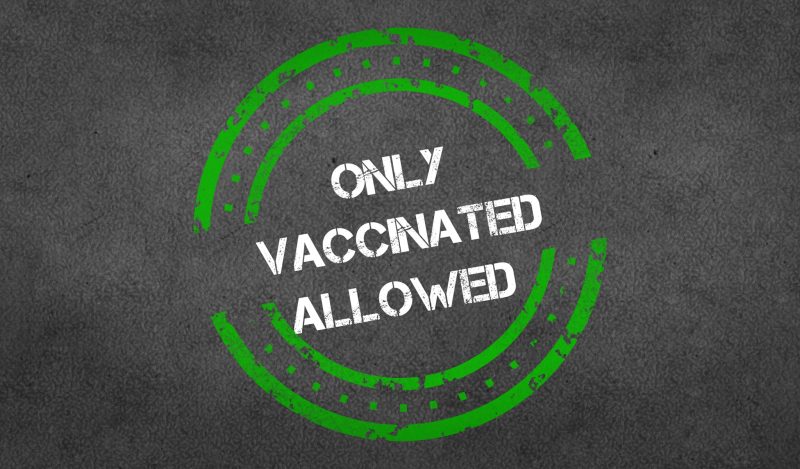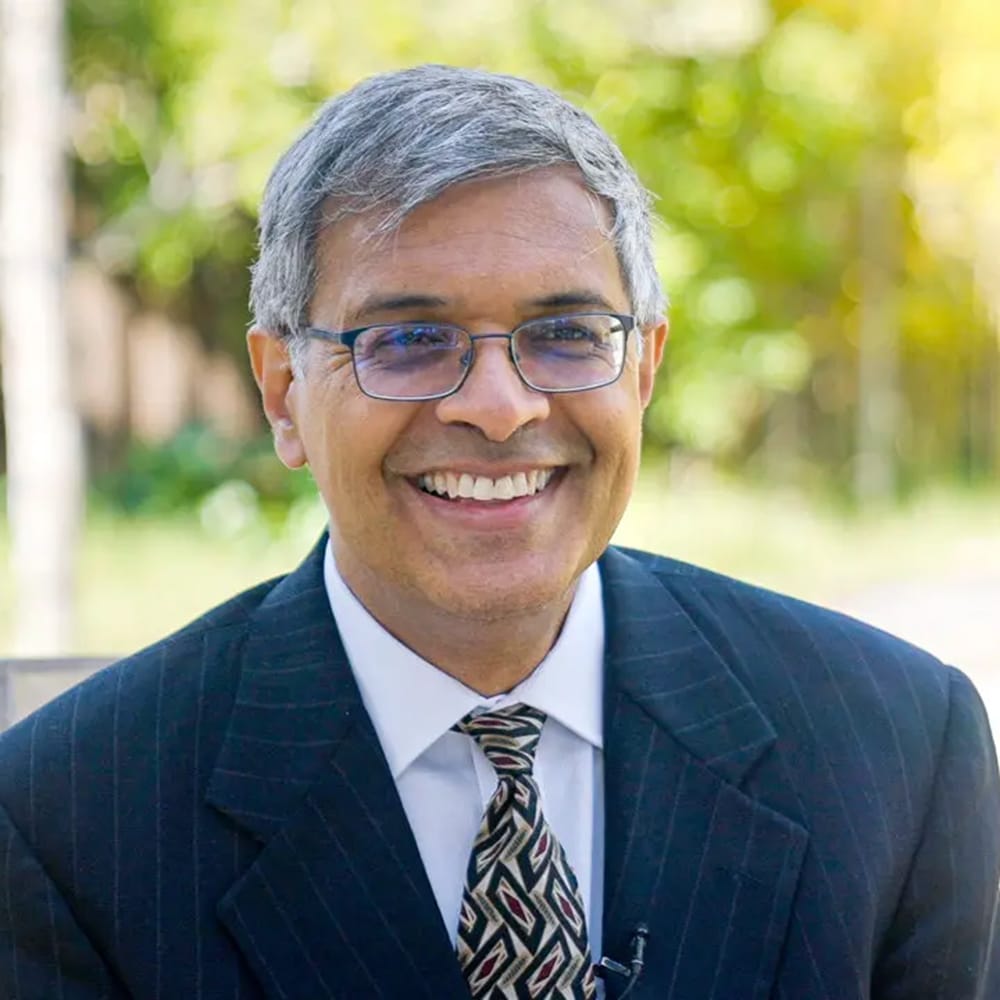COVID vaccines have become the touchpoint of a significant social battle, with unvaccinated Americans – mostly working-class people and minorities – forced out of work and to the edge of society by vaccine mandates. Given what we have learned about the epidemiological effects of the vaccines over the past year, the mandates have no scientific justification.
The evidence to date shows conclusively that the covid vaccines – even six months after full vaccination – protect well against severe covid disease, including hospitalization and death. Despite this fact, surprisingly, four lines of scientific evidence imply that not everyone needs to be vaccinated.
First, as for most other viruses, those who have recovered from covid have natural immunity. We now know that it is stronger and longer lasting than vaccine-induced immunity. In a study from Israel, the vaccinated were 27 times more likely to get symptomatic covid than those with natural immunity. This fact does not mean that it is better to get infected than getting the vaccine, but it does mean that the covid recovered are already well protected. They may get some additional protection from the vaccine, but since their risk is already very small any additional risk reduction is also small.
Second, while anyone can get infected, there is more than a thousand-fold difference in Covid mortality between the oldest and the youngest. For children, the risks are lower than from the annual influenza. During the first Covid wave in the spring of 2020, Sweden was the only major Western country to keep daycare and schools open for all its 1.8 million children ages 1 to 15. Without masks, social distancing, testing, or vaccines, there were precisely zero Covid deaths among the children, while the teachers had a lower risk than the average of other professions.
Third, as with any drug or vaccine, there are some risks with the covid vaccine, including myocarditis in children and young adults.It typically takes a couple of years until we have a clear picture of the safety of a new drug or vaccine. For children, the mortality risk from covid is minuscule, so even a small risk from the vaccine can tip the balance in an unfavorable direction. The same is true for the covid recovered.
Fourth, unlike the polio and measles vaccines, the covid vaccines do not stop the transmission of infection. They are excellent at reducing the risk of severe disease and death, but their ability to prevent infection wanes after a few months. Therefore, even if you are vaccinated, you will eventually be infected.
With milder symptoms, it could even be that the vaccinated are more likely to spread it to others, compared to the unvaccinated, who are more likely to be bedridden at home. Hence, when we urge people to get vaccinated, we do it mainly for their own sake, not for protecting others.
Let’s pull these facts together to see what it means for vaccination policy.
Older people who have not had Covid should immediately get the vaccine. It can save your life! There are still some unvaccinated older people. Saving lives is a key aim of public health, and persuading this group to be vaccinated should be the focus of our vaccination efforts.
It is an odd reality about vaccine mandates that they aim to increase vaccination among working-age adults and even children, including those with natural immunity, rather than the high-risk elderly. The well of public trust in public health is finite, and to waste it on a policy that seeks to increase vaccination rates in a lower risk population makes little sense.
It is unethical to use vaccines on those who do not need them, when many others do need them to survive covid. This includes millions of poor, high-risk older people in Latin America, Africa, and Asia, where there is still a vaccine shortage.
It is also unethical to fire people who choose not to get vaccinated. Many of the vaccine-hesitant were the heroes of last year – nurses, policemen, firefighters, truckers, and others who kept our society functioning while the laptop class stayed home during the lockdowns. They worked unvaccinated and got COVID as a result. They should be rewarded for their selflessness, not pushed to the edge of society, a new underclass.
The vaccine mandates force vaccines on many people who do not want them or need them. There is now widespread distrust of public health agencies and officials and increasing vaccine skepticism as a result. The loss of trust has generated vaccine skepticism of unseen proportions. It has contributed to a dangerous decline in childhood vaccination rates for other diseases and made it harder to convince the remaining older people to get vaccinated.
There should be no discrimination based on vaccine status, whether for employment, schools or anything else. That will help reestablish trust in public health.
Join the conversation:


Published under a Creative Commons Attribution 4.0 International License
For reprints, please set the canonical link back to the original Brownstone Institute Article and Author.










